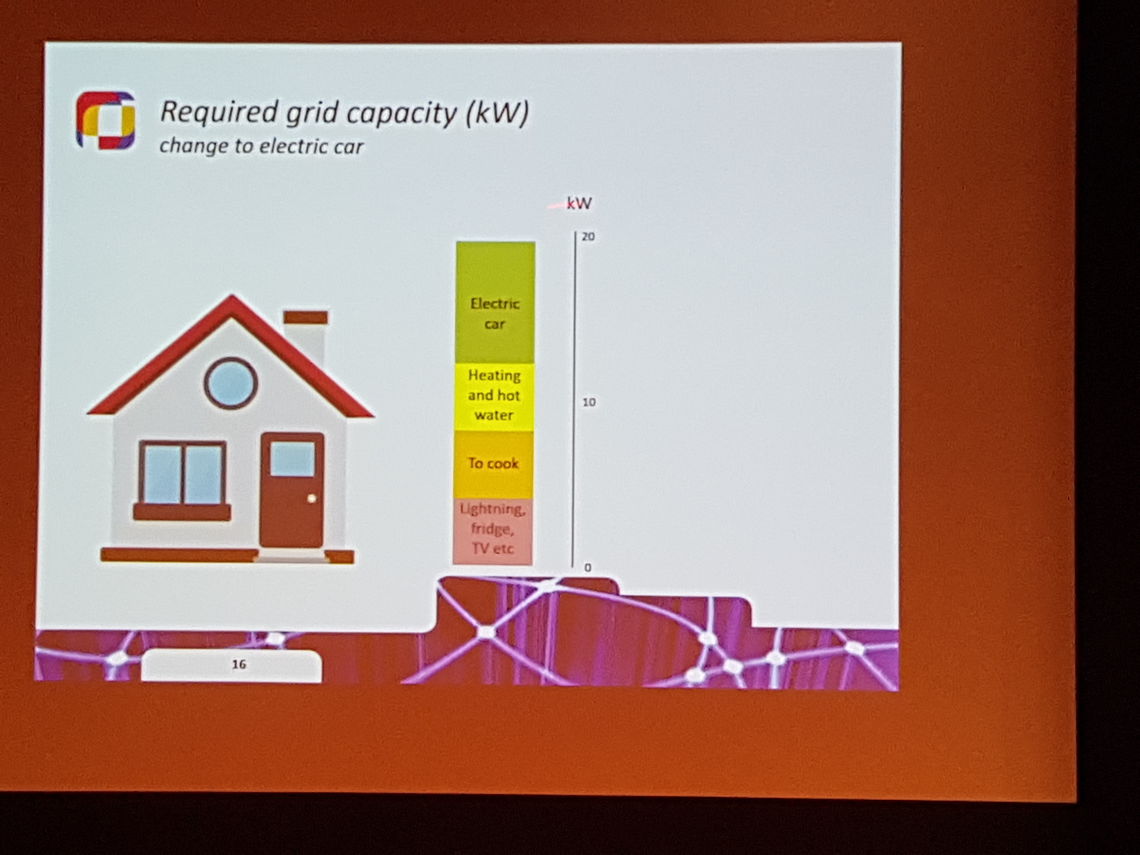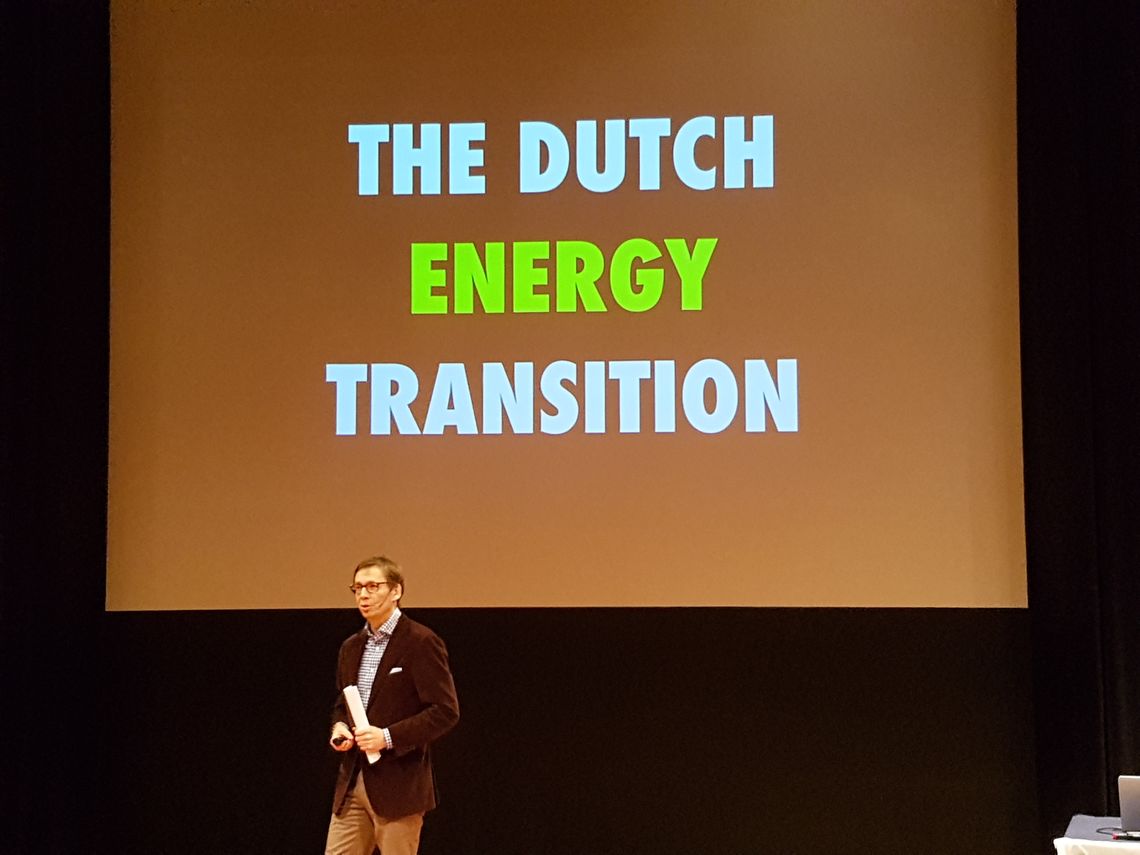SMART GRIDS Integrate Renewable Energy

The theme of the symposium was integrating sustainable renewable energy into the Dutch grid. The large variability of wind and PV require special action to realize stable reliable power for all users. The first speaker, Jan Pellis of Stedin, referred to the Paris agreement in 2015 and the huge task to reach those goals. Reports from a joint study with ECN, the FLEXNET study. Flexibility is key and needs to be supported by energy storage and imports from outside the Netherlands. But also finding users is important. An example is the island Goeree-Overflakkee close to Rotterdam. There are a lot of windmills and not many users. Does Stedin really need to upgrade the transport network in the future to enable the peaks to be transported elsewhere or do we get more industrial users on the island? A recent development is an agreement, on December 8 2017, between the community of Goereee-Overflakkee, Stedin and a number of parties to experiment with production of hydrogen (H2) as an additional load for the wind mills.
The chairman Leatitia Ouillet (TU/e) indicates that wind fluctuations have already produced large and fast swings of energy. At the Gemini wind park 250 MW/min is reported and in the UK 700 MW/ 5 minutes!
The next speaker Wil Scholten from Netbeheer Nederland shows the large changes he expects in energy (electricity) usage. With electric cars coming for mobility and heat pumps for heating the capacity of LV electrical power for an average home will increase with a factor 5 in the future.

He refers to the report of Netbeheer Nederland and CE-Delft on this topic. "Net voor de Toekomst" from November 2017. A summary of the report is attached below.
Yohannes Hugo from Elestor is the next speaker. A PhD student at TU/e and linked to Elestor. He makes clear that for a reliable grid storage of electricity is really needed. The flow battery of Elestor is a good option for cost effective storage.
Of course there are the technical issues mentioned above. But non-technical may be more important for the energy transition. Remco de Boer makes this clear in his presentation with the title “Dutch Energy  transition for Dummies”. This lecture was organized by the symposium and the Studium Generale committee of the TU/e. The aula of the TU/e was crowded. He refers to the Emission Gap Report 2017 of the UN which states that the actions of the nations proposed till now are not enough.
transition for Dummies”. This lecture was organized by the symposium and the Studium Generale committee of the TU/e. The aula of the TU/e was crowded. He refers to the Emission Gap Report 2017 of the UN which states that the actions of the nations proposed till now are not enough.
At the same time due to increase of the prosperity the energy consumption grows. He asks for an ambitious but realistic approach, from engineers, but also from politicians and NGO’s. To do that we need facts and go from there.
